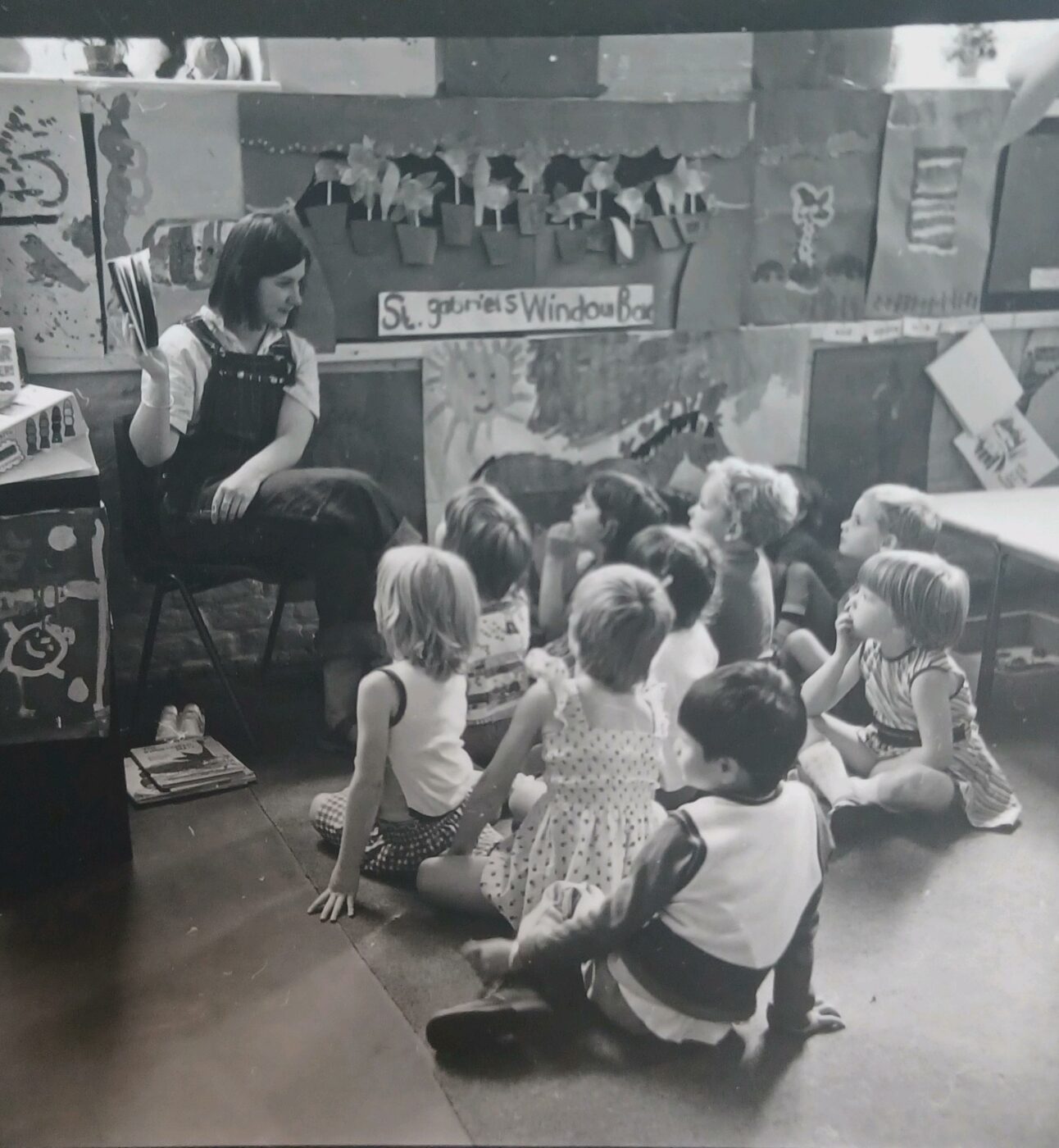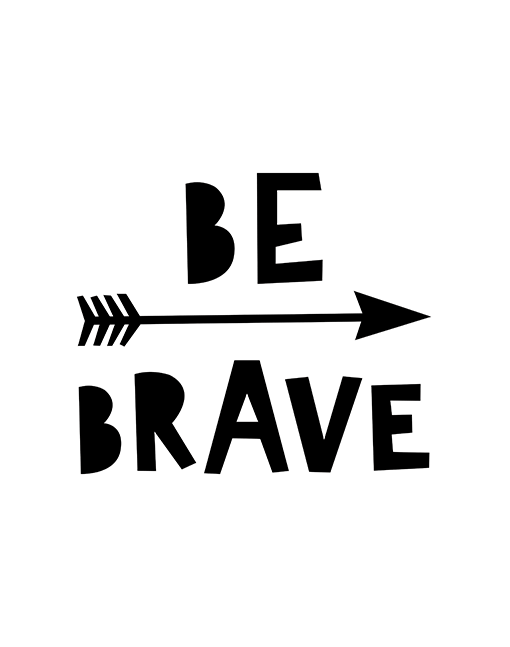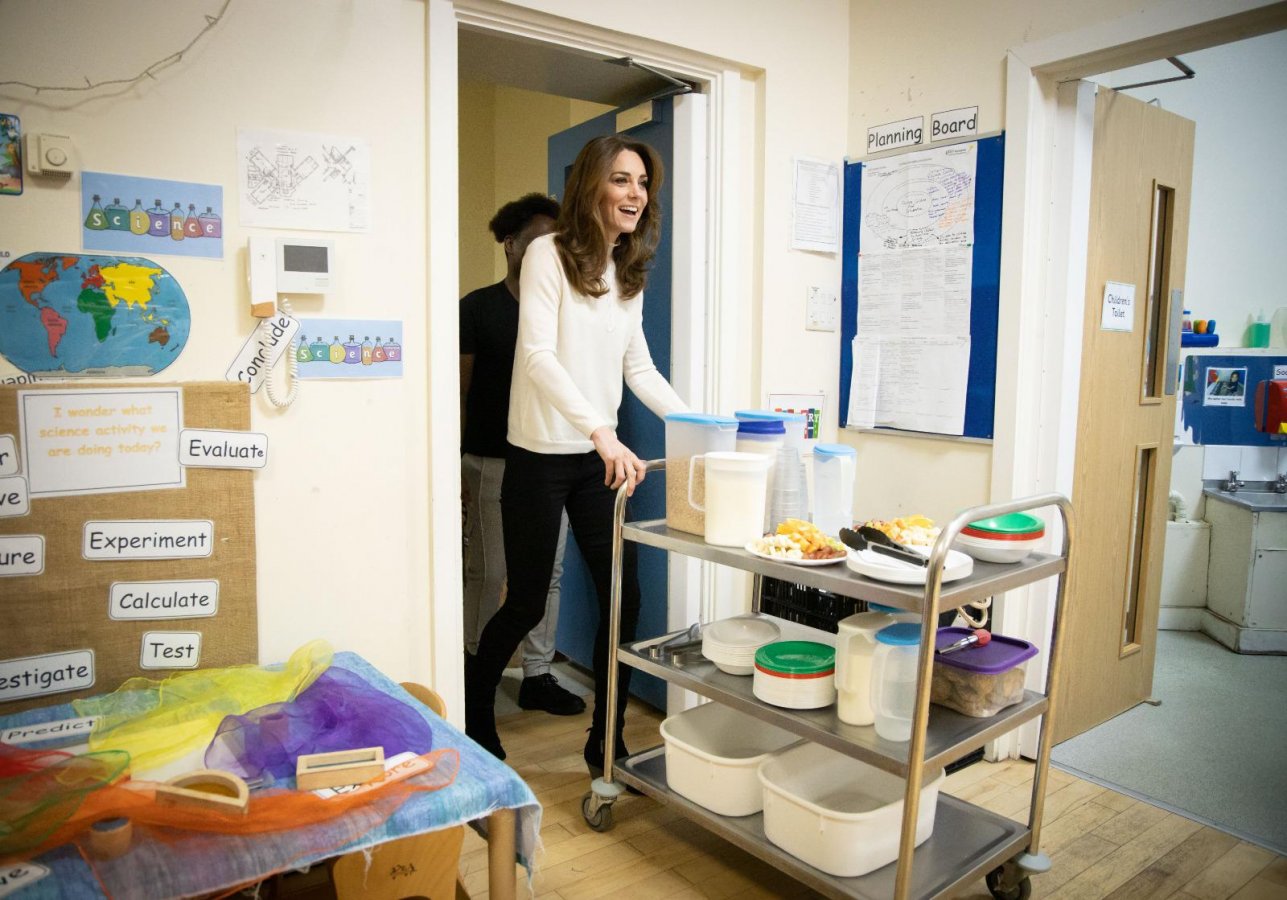
Talking Early Years: Celebrating 120 Years at LEYF
The Year That is 2023 – This year, we are proud to celebrate 120 years of LEYF. It’s been fascinating to reflect back on what has changed over…
April 3rd 2011
This week we received the official recommendations from the Review of the Early Years Foundation Stage led by Dame Clare Tickell. It’s quite a relief that the sector was listened to and the suggested changes are sensible and not radical.
In reality, most of us in the Early Years had made a hand of the curriculum. In fact 82% of people who contributed to the review agreed in principle with the EYFS. We liked the way it integrated the Birth to Three with the Foundation Stage and who could object to the four principles: A Unique Child, Positive Relationships, Enabling Environments and Learning and Development.
Of course, some things can be improved. At LEYF we thought the EYFS could be slimmer, repetition could be reduced and the difference between statutory guidance and framework clarified (a confusion that was often graphically highlighted durng Ofsted inspections). We also wanted physical to be known as health and wellbeing and were keen that transitions were better developed. In this respect, the effort we put into creating wonderful Learning Journeys is sadly still rejected by many schools on the basis they will do their own assessment; to think nothing of the three years we have cared and educated the child (it must be how some parents feel when nurseries treat them as if they have nothing to offer).
So, let’s see what Dame Clare and her noteworthy colleagues – including our own patron, Chris Pascal, Director of Centre for Research in Early Childhood – have come up with…
Well, we are happy with the changes to the goals; they make a lot of sense. Of course, social and communication are critical to children’s learning and must be at the heart of what we do – especially given the level of communication delay and poor social skills we see every day.
We are interested in the recommendation about the EYFS Profile, as we don’t currently complete profiles (a situation which always baffled me, since these would prove invaluable for initial, midway and leaving assessments). At the same time, we must be careful not to return to the old days of the tick box approach; an idea we rejected years ago as limiting in how it tells the child’s story. Instead, we must take control of our Learning Journeys and build assessment into these, remembering the story and not allowing ourselves to become overwhelmed by formative and summative assessment.
I quite like Dame Clare’s recommendation that we do a short check at two-and-a-half years alongside the health visitor check; the sooner we can formally identify developmental delay for children the better, although it will be interesting to see how it fits with the review of the SEN Code of Practice. It will also be a more effective way of linking with parents, who are very often happier to do things in the nursery rather than go to the clinic. It has equal potential to work quite nicely with the Two Year Old Offer and Children Centres. Of course, we used to do this many years ago when the red book was gold!
I am glad they are making recommendations about food; we have focused on food at LEYF for a number of years, to the point where we have recently written a draft set of qualification standards for Chefs working in the Early Years which are now going through the process of accreditation. Let’s hope these can be of use in the efforts to raise quality and information about the food we serve to small children.
Hear! Hear! to a graduate leader’s workforce; developing the graduate scheme has been one of the greatest actions taken by the previous government and absolutely must be nurtured. At LEYF we have noticed improved levels of knowledge and thinking among our many members of staff who have completed their degrees; it also builds a level of confidence which enables staff to do things they may never have even considered previously or simply rejected as out of their comfort zone.
So whilst we wait for a formal response from the Government, we will continue to develop and improve our own LEYF curriculum, something we call Fair Play. It’s geared around LEYF’s five core values, which were agreed with our staff some years ago and remain the basis for everything we do:
I’ll post more on this crucial topic soon…
In the meantime, please let me know your thoughts on and experiences with the EYFS as it was and may well soon be using the comment field below. And if you think a colleague may find this post useful or in any way inspiring, feel free to share via your favourite social network using the familiar buttons you see here!
“What do core values mean – unless they can be seen, heard, recognised, recorded, and rewarded?”
Edgar S Cahn (No More Throw-away People, 2000)

The Year That is 2023 – This year, we are proud to celebrate 120 years of LEYF. It’s been fascinating to reflect back on what has changed over…

The other night I was watching my new late-night Netflix addiction, How to Get Away With Murder. I have reached Series 5 where the main protagonist, Annaliese Keating is…

We all know that the Tiger comes to Tea but we have never had a Duchess come to Breakfast. https://www.youtube.com/watch?v=-6hzbLzcprE The Duchess of Cambridge lightened up our…